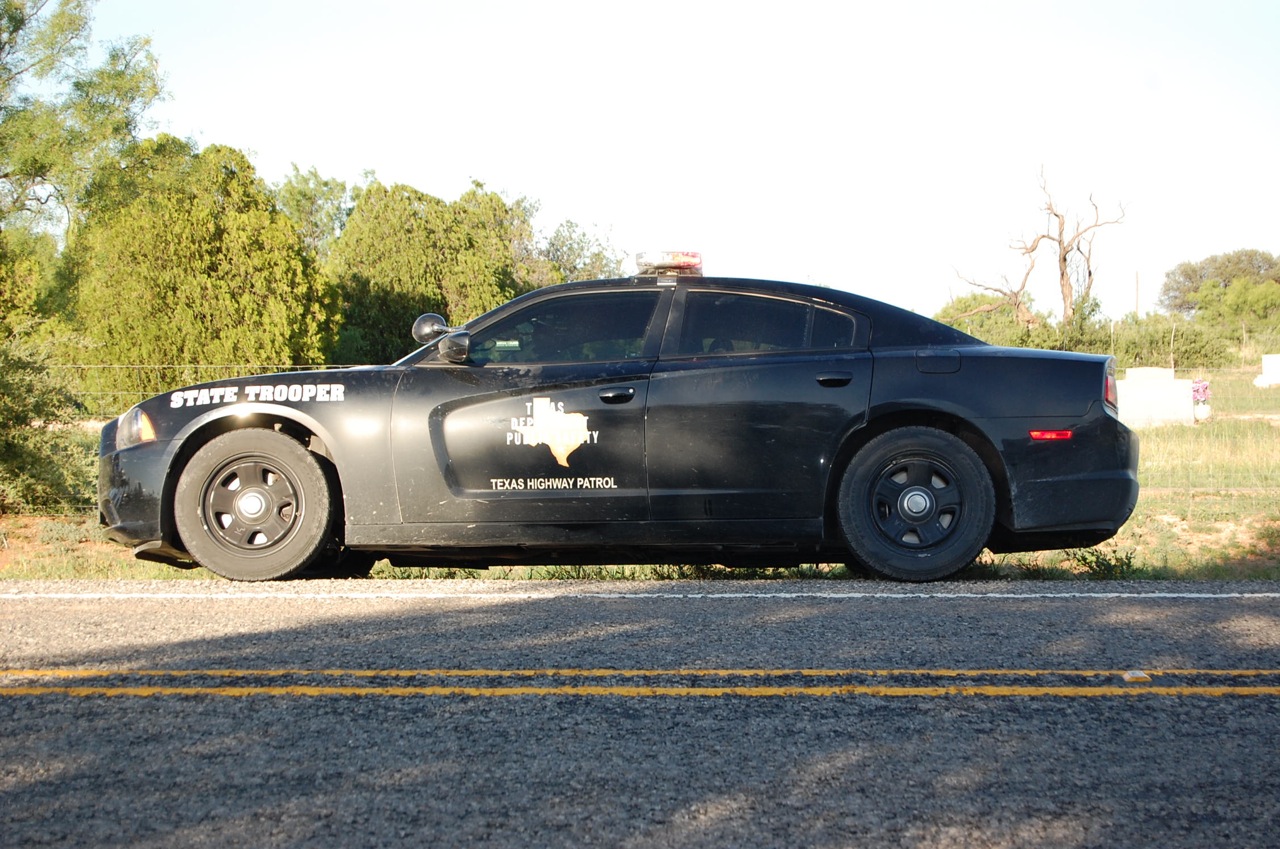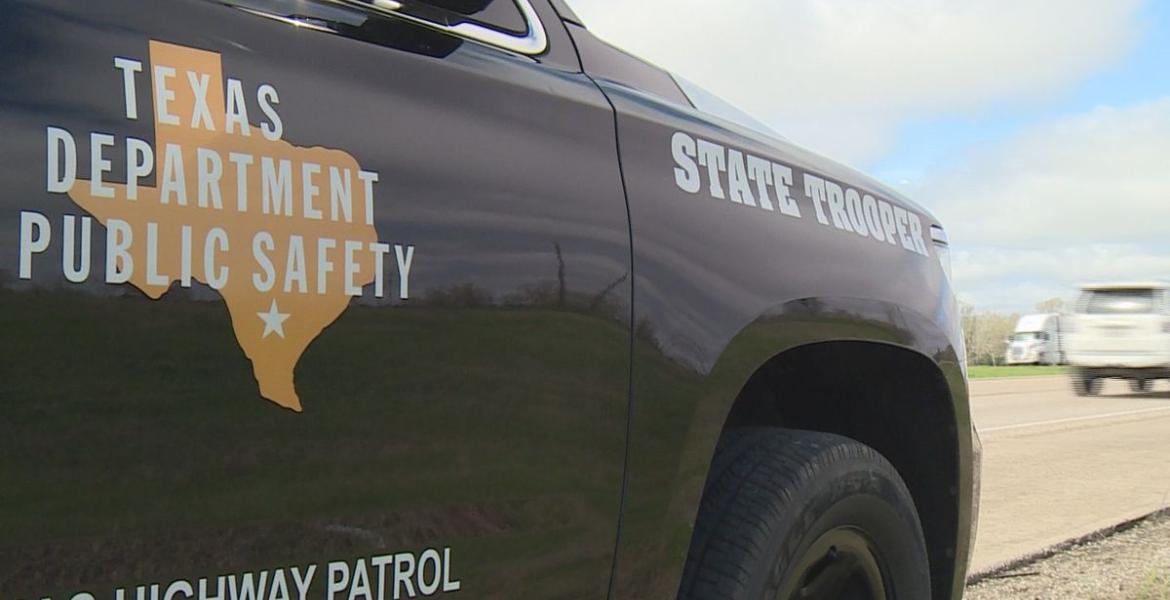AUSTIN, TX — With triple-digit temperatures expected across the state this week, the Texas Department of Public Safety (DPS) is urging Texans to take precautions to protect themselves and their loved ones from the dangers of extreme heat.
High temperatures can quickly lead to life-threatening conditions, particularly for children, the elderly and pets. DPS officials emphasize the importance of hydration, limiting time outdoors during peak heat hours, and never leaving children or pets unattended in vehicles.
Summer Heat Fast Facts:
-
On a 90-degree day, interior vehicle temperatures can rise above 130 degrees in less than 30 minutes.
-
Children are especially vulnerable, as their bodies heat up three to five times faster than adults.
-
Symptoms of heatstroke include headache, fainting, rapid pulse, confusion, and lack of sweating. Immediate medical attention is critical.
-
On an 85-degree day, asphalt can reach temperatures of 140 degrees. Surfaces above 125 degrees can cause burns in under a minute.
DPS Summer Safety Tips:
-
Hydrate: Drink water regularly, even if you don’t feel thirsty.
-
Avoid alcohol and caffeine: Both contribute to dehydration.
-
Limit outdoor activities: Try to stay indoors between 10 a.m. and 4 p.m., the hottest part of the day.
-
Never leave children or pets in vehicles: Even a few minutes can be fatal. Always check the back seat before exiting your car.
-
Act quickly: If you see a child or pet left alone in a car, call 9-1-1 immediately.
For those needing relief from the heat, the Texas Division of Emergency Management offers an online map of cooling centers statewide. Local governments operate the centers, and locations can be found online.
Travel Safety Reminders:
With summer vacations underway, DPS also reminds drivers to ensure their vehicles are prepared for high temperatures. Heat can strain batteries, engines and tires and cause unexpected breakdowns.
Key Vehicle Tips:
-
Battery: Hot weather can shorten battery life. Check for corrosion or low fluid levels.
-
Engine: Monitor fluid levels and watch for overheating.
-
Tires: Check tire pressure regularly; heat causes air expansion and increases the risk of blowouts.
-
Wiper Blades: Inspect for wear after winter and spring; replace if damaged.
-
Air Conditioning: Test your A/C before long trips. Replace filters and check refrigerant levels.
-
Emergency Kit: Include jumper cables, a flashlight, first aid supplies, extra water, snacks and a phone charger.
For more information, visit the DPS website or follow local emergency management updates.
Subscribe to the LIVE! Daily
Required






Post a comment to this article here: